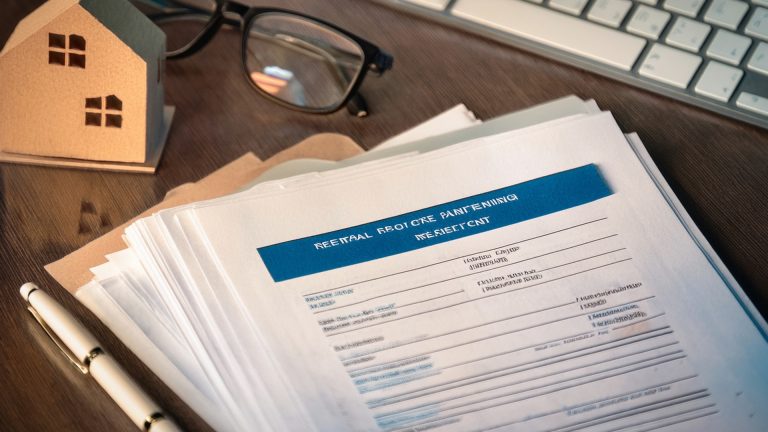Navigating probate in New York City can be daunting—especially for international clients dealing with cross-border estates. The bottom line? If you have assets or family connections in NYC, understanding how local probate works can save your loved ones time, stress, and unnecessary expenses. This blog is designed for global families, expats, and anyone inheriting or planning to leave assets in New York from abroad. By the end, you’ll know the most common pitfalls, key steps, and how to set up your estate for a smoother transition.
Probate is the legal process by which a court validates a will and oversees the transfer of assets to heirs. For international clients, it’s more than just paperwork. U.S. rules, state law, and foreign jurisdictions all intersect, creating unique challenges—especially if you own property or accounts in multiple countries. Below, we break down what you need to watch for and how to avoid costly mistakes.
What Is NYC Probate, and Why Is It Complicated for International Clients?
Probate in New York involves a court-supervised process to settle a deceased person’s estate. This means validating the will (if there is one), identifying and gathering assets, paying debts and taxes, and distributing what’s left to the rightful heirs. If you’re an international client—maybe you’re a non-U.S. citizen, an expat, or have family overseas—the process can become more complex.
Key complications include:
- Jurisdictional issues: If assets or heirs are located abroad, extra documentation and steps are required.
- Foreign executors: New York law restricts who can serve as executor if they live outside the U.S.
- Additional taxes and reporting: International heirs may be subject to U.S. estate tax, and banks often demand extra paperwork before releasing funds.
- Communication barriers: Differences in legal systems, time zones, and languages can slow everything down.
For example, it’s not uncommon for a bank to freeze a U.S.-based account until a court-appointed administrator is in place. If you’re inheriting as a non-U.S. resident, you may need a transfer certificate or formal proof from the court—sometimes a lengthy process.
How Can International Clients Avoid NYC Probate Headaches?
The best way to avoid NYC probate hassles is by planning ahead. Here’s how:
- Use a trust: Think of a trust as a personalized treasure chest with a trusted guardian. Assets placed in a trust aren’t subject to probate and can be distributed according to your instructions, no matter where your beneficiaries live. This approach keeps your estate private, reduces delays, and ensures smooth transfers—even across borders.
- Review ownership and beneficiary designations: Make sure real estate, bank accounts, and retirement accounts have up-to-date beneficiaries. Many international clients don’t realize that out-of-date paperwork can tie up assets or accidentally send them to the wrong person.
- Coordinate with local and international advisors: If you own assets in multiple countries, estate planning should address how each jurisdiction handles inheritance, tax, and probate. Without clear instructions, your estate could face probate in more than one country, creating confusion and extra costs.
- Name the right executor: If your chosen executor lives outside the U.S., you may need to appoint a U.S.-based co-executor or trustee to meet New York requirements.
For more detail on why trusts are helpful—not just for the ultra-wealthy—see our article on why trusts aren’t just for rich kids.
What Happens If You Don’t Plan Ahead?
Without a plan, international estates often get stuck in probate limbo. Here’s what can go wrong:
- Court delays: International estates routinely take longer to resolve because of extra paperwork, translation requirements, and verifying foreign documents.
- Frozen assets: Banks or financial institutions may refuse to release funds to heirs abroad until court procedures are complete and tax clearances are obtained.
- Public process: NYC probate is a matter of public record. Anyone can access information about your estate, which can raise privacy concerns for high-net-worth or internationally prominent families.
- Higher costs: More steps mean more legal fees and sometimes additional taxes, especially if your estate is subject to both U.S. and foreign tax rules.
Want to understand more about probate timelines and hurdles? Visit our resource on what you need to know about estate settlement.
NYC Probate for International Clients: Key Takeaways
- Plan early if you have assets or heirs outside the U.S.
- Use trusts and up-to-date designations to minimize court involvement and speed up inheritance.
- Work with experienced professionals who understand both U.S. and international law.
- Keep all documents organized and communicate your wishes clearly to your loved ones.
The Village Law Firm has helped many international and cross-border families protect their assets and simplify the NYC probate process. Our holistic approach ensures you get the guidance and peace of mind you deserve.
FAQs
1. Can a non-U.S. citizen serve as executor of a New York estate?
Generally, New York courts require executors to be U.S. residents. Non-resident executors may need to appoint a U.S.-based co-executor or use a trust structure.
2. Will my family have to go through probate in both New York and my home country?
If you own assets in multiple countries, it’s possible your estate will face probate in each location. Coordinated planning can help minimize this risk.
3. What documents do international heirs need to claim assets in NYC?
Commonly, a court appointment (like letters testamentary), transfer certificates, and sometimes tax clearances are required. Each case is different, so it’s best to consult an attorney familiar with international estate administration.
Ready to make your cross-border estate plan clear and stress-free? Contact The Village Law Firm today to schedule a consultation, or download our free guide for international families.





